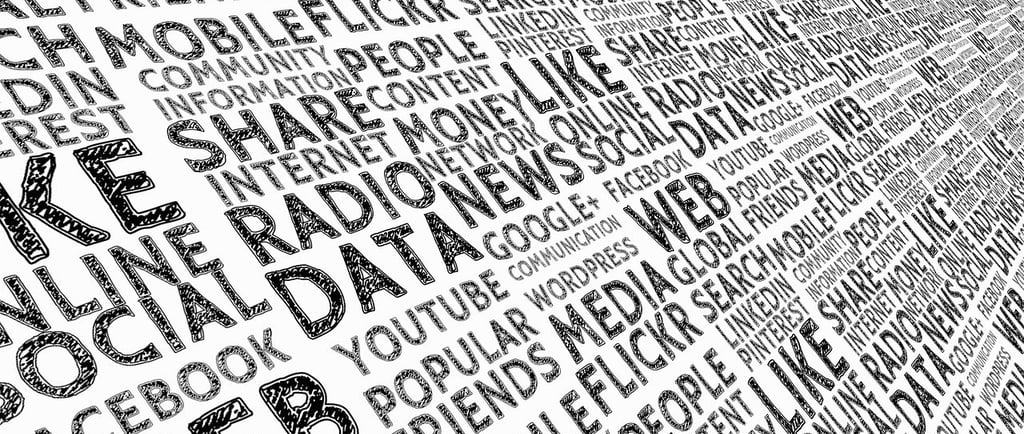Social Media Pressure
7/23/20253 min read


Every morning, on time, like clockwork, Mia reaches for her phone before her eyes have even adjusted to the light. The first thing she sees is a notification a like on her most recent Instagram photo. For a moment, there is a spark of validation, only to be replaced by fear. She glances at her feed, and in a matter of seconds, her chest tightens. There's Sarah, on a beach in Bali, with her skin glowing with health, her smile genuine. Then Jake, celebrating his promotion with champagne. Then a viral TikTok of a 19-year-old entrepreneur boasting about her six-figure business. Mia's life her small apartment, her unfinished degree, her anxiety seems a failure in comparison. She hasn't even gotten out of bed, and already she is exhausted.
This isn't Mia's alone. It's the reality for millions of Gen Zers and young millennials who wake up to the same unseen force: the constant, suffocating pressure of social media. Sites that were meant to connect us have become instead arenas of silent competition, where everyone is presenting their best life while hiding in secret beneath a sea of self-doubt. The stats don't lie research indicates that teenagers who use social media for more than three hours daily are twice as likely to be depressed. But why? What about these apps makes so many of us feel inadequate, anxious, and entirely drained?
The solution lies in the illusion of perfection. Social media is a highlight reel, a carefully curated album of everyone's best, most triumphant moments. Nobody posts about their 3 a.m. anxiety attacks, their job interview failures, or their Friday nights eating Cheetos in their pajamas. But as you scroll, it's hard to remember that. You see the holidays, the loves, the triumphs, and you begin to think that everybody else has their life together except you. Consider Alex. His Twitter account is full of clever jokes and astute threads, and he appears self-assured and popular. In real life, he's hunched over for hours perfecting every tweet, deleting underperforming ones, and wondering why his follower number isn't increasing. The internet believes he's successful. Offline, he's crippled by the fear of being irrelevant.
Then there's the expectation of being "on" at all times. Social media is a whirlwind trends shift in a day, memes expire in hours, and if you don't constantly participate, you risk disappearing into nothingness. Lara, a college student, confesses that she can't go longer than 30 minutes without glancing at her notes. "If I don't respond quickly enough, people think I'm rude or don't care," she reports. "But if I'm always connected, I don't have time to live." The boundaries between real and virtual life become indistinct, leaving many to feel as though they're living two lives neither one completely fulfilling. Worse is the possibility of cancellation. One ill-judged tweet, one incautious opinion, and overnight your reputation is in tatters. Emma, a 22-year-old aspiring writer, remembers when she took a quote from a film out of context, only to be accused of insensitivity. "I apologized for days, but the screenshots were already in circulation," she says. "It's like walking on a tightrope you never know when you will fall." The constant self-censorship is exhausting and has left many too afraid to speak their minds at all.
But the ugliest trick of social media is the way it distorts our self-perception. Validation is likes, comments, and followers. If a post flops, not only is it a failure, it's a personal rejection of you. Mark, a musician, confesses to having deleted songs he had loved because they hadn't been streamed. "It's stupid," he says, "but if something you made gets ignored, it's hard not to take it as proof you're not good enough." The pursuit of validation becomes a prison, and the more you struggle to break out, the deeper you sink.
So how do we fix it? There is no quick solution. Some suggest digital detoxes deleting apps, restricting screen time, or opting for a dumbphone. Others suggest altering how we use social media: observing accounts that encourage, not bully; scrolling with purpose and not absent-mindedly. But the real transformation needs to happen from the inside out. It's remembering that social media is not real life it's a distorted mirror. The people we compare ourselves to are comparing to someone else, too.
Mia, Alex, Lara, Emma, and Mark are all learning the hard way. Some days are better than others. Some days, Mia closes down Instagram after five minutes and takes a walk instead. Some days, Alex writes tweets for himself, not for the likes. Lara has begun to turn her phone off at the dinner table. Emma is finding her confidence, one honest post at a time. And Mark? He's playing music again not for the algorithm, but for the love of it. Social media isn't disappearing. But pressure doesn't have to remain. The first is to admit it. The second is not to let it define you. And besides, the loveliest lives are those lived off-line where there are no filters, no numbers, and just real, raw, lovely humanity.
Discover all the information you need in one place.
© 2024. All rights reserved @ PictorialNuggets.com


